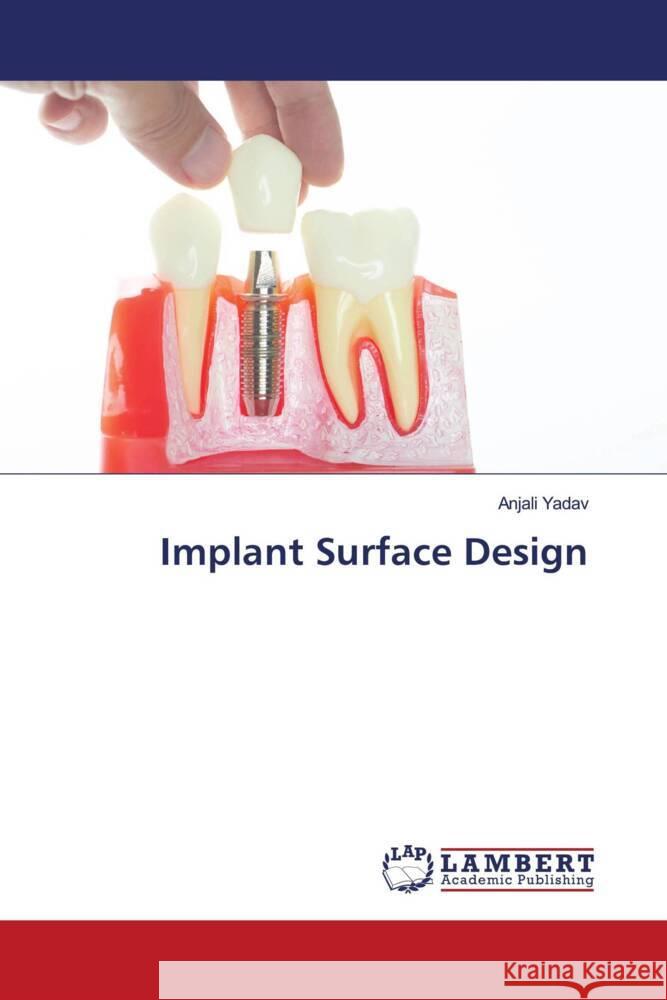Implant Surface Design » książka
Implant Surface Design
ISBN-13: 9786204731469 / Angielski / Miękka / 104 str.
Advances in chemical and physical modification methods have promoted the development of dental implant surfaces to accelerate osseointegration, aiming to shorten the edentulous period of patients. Moreover, attaching biomolecules onto implant surface, such as bioactive compounds and multifunctional molecules, could promote the osteogenetic process around implants, including inducing cell osteogenic stimulus, adherence, or even additional antibacterial effects. It is imperative that a greater understanding of the parameters that govern the long term success of implants to be developed. The design of an 'optimal' implant requires the integration of material, physical, biologic, chemical, mechanical and economic factors. Implant success is primarily a function of biomaterials and biochemical factors. The objective of implant research remains the development of an implant that can be placed in a simplified manner to osseointigrated in as short a period as possible. It should also be reliable as well as relatively inexpensive. Continued research is essential if these objectives are to be met to engineer the "optimal" implant design.











